

Luwak coffee, also known as civet coffee, is a unique and highly sought-after coffee variety known for its smooth flavor and exotic origins. If you are a coffee enthusiast or just curious about different coffee varieties, visiting a luwak coffee shop can be an unforgettable experience.
In this comprehensive guide, we’ll take you through everything you need to know about Luwak coffee, the process behind its production, and what to expect when visiting a luwak coffee shop.
目次
トグルLuwak coffee, sometimes referred to as civet coffee, is a rare and high-quality coffee made using beans that have been eaten and then excreted by the civet, a small, cat-like mammal. After passing through the civet’s digestive system, the beans undergo a unique fermentation process that enhances their flavor.
This coffee is known for its smooth texture, rich taste, and lack of bitterness, which sets it apart from other coffee varieties.
Luwak coffee originates from Southeast Asia, specifically Indonesia, where it was first discovered centuries ago. It is believed that local farmers, upon noticing civets eating coffee cherries, began collecting the beans from their droppings to process and brew the coffee.
Over time, Luwak coffee became an exclusive delicacy, highly prized by coffee aficionados and connoisseurs for its unique flavor.
The civet plays a crucial role in the production of Luwak coffee. These animals are known for selectively picking ripe coffee cherries from coffee trees.
After eating the cherries, the beans are fermented in the civet’s stomach, where enzymes break down proteins that can make the coffee taste bitter. After digestion, the beans are excreted and collected by farmers.
The fermentation process is what makes Luwak coffee stand out. During the digestion process inside the civet’s stomach, the beans undergo natural fermentation, which removes much of the bitterness typically found in traditional coffee beans.
This fermentation process creates a smoother, milder flavor, with undertones that many people find deliciously unique.
Once the beans have been excreted by the civet, they are collected, thoroughly washed to remove any remaining impurities, and then dried. The beans are carefully processed, removing the outer layers of the cherry. After this, the beans are roasted and ground, ready for brewing.
Visiting a Luwak Coffee Shop is an experience in itself. Many shops offer a serene and immersive environment, often surrounded by lush greenery.
The interior of the coffee shop is typically designed to showcase the history and unique process behind Luwak coffee. You may even get the chance to see the civets that contribute to the production of the coffee.
Luwak coffee is typically served in a variety of ways. Some shops offer it in its purest form, where you can enjoy the coffee with minimal additives.
Others may serve it in a more creative style, adding flavorings such as vanilla or caramel. The coffee is usually served in small portions, allowing you to savor every drop of its smooth and rich flavor.
Aside from Luwak coffee, many shops offer a variety of other coffee options and snacks. You may find pastries, sandwiches, and light bites that complement the coffee experience.
Some shops even sell packaged Luwak coffee beans, so you can take home a taste of the experience.
Luwak coffee stands out from other coffee varieties due to its distinct flavor profile. The fermentation process inside the civet’s stomach creates a smooth, less acidic coffee that is often described as having a rich, earthy flavor with hints of chocolate or caramel. In contrast, traditional coffees tend to be more bitter or acidic, especially if the beans are over-roasted.
Luwak coffee has a unique flavor profile that is influenced by the beans’ journey through the civet’s digestive system. It tends to be smooth, with a full-bodied richness and a complex flavor that can include notes of chocolate, caramel, and even a slight fruity sweetness. Its low acidity makes it an ideal choice for those who prefer a gentler coffee experience.
Ethical sourcing is a significant concern in the Luwak coffee industry. Many coffee shops are now prioritizing the ethical treatment of civets and sourcing their coffee beans from farms that allow the animals to roam freely.
These farms adhere to sustainable practices, ensuring that the civets are not kept in captivity or force-fed.
By choosing to work with responsible suppliers, luwak coffee shops contribute to a more sustainable coffee industry. Ethical sourcing also helps maintain the integrity of the product, ensuring that consumers are enjoying Luwak coffee that is not only delicious but also produced in an environmentally and socially responsible way.
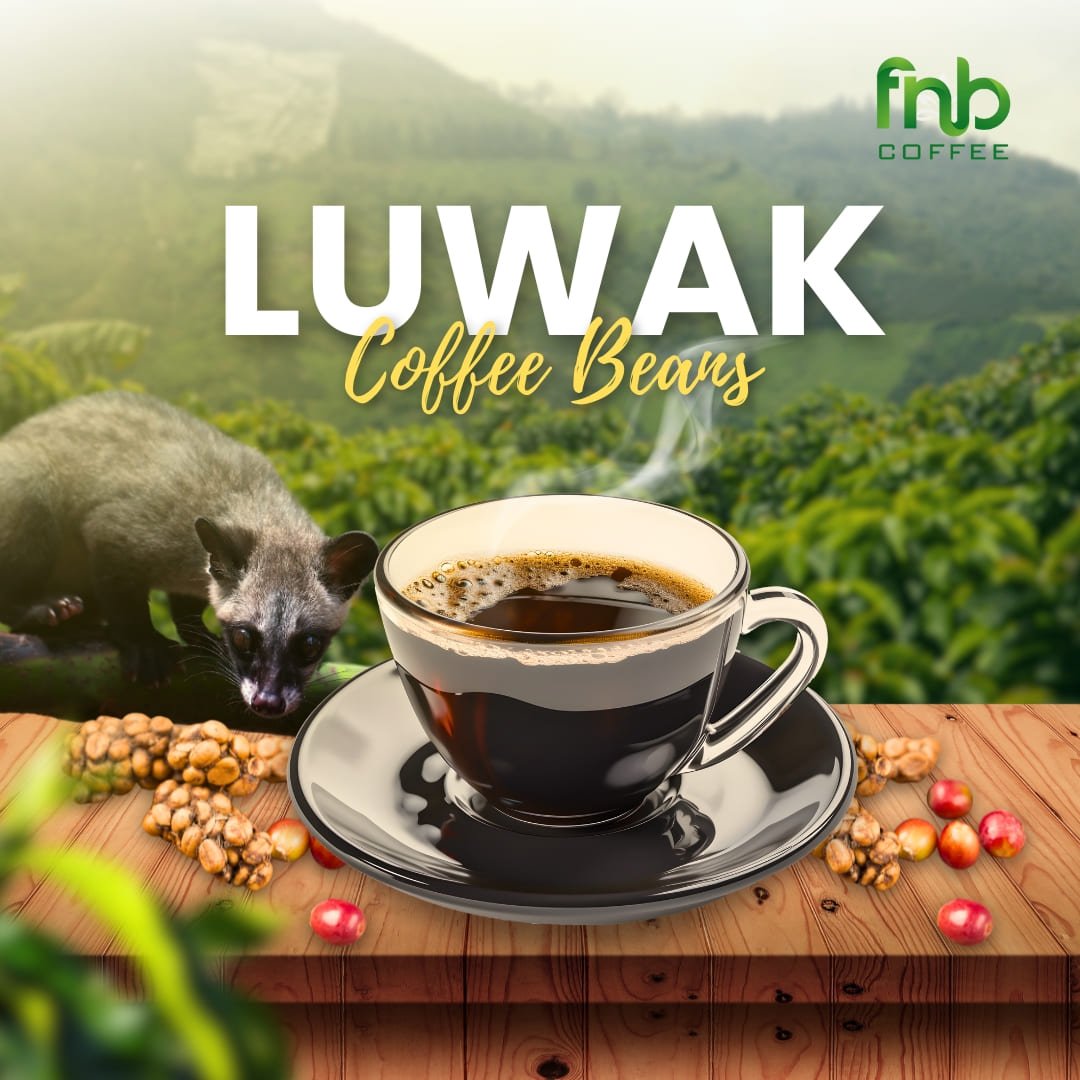
If you’re looking for an authentic Luwak coffee experience, FnB Coffee should be at the top of your list. With ethically sourced beans and a cozy atmosphere, FnB Coffee offers a delightful way to enjoy this rare and exceptional coffee.
Next time you’re craving a cup of Luwak Coffee, head over to FnB Coffee. Don’t miss the opportunity to savor the smooth, rich flavor of this exotic coffee in a welcoming and sustainable environment.
Contact us at:
Whatsapp: +62 811 6171 777
Email: info@fnb.coffee
インドネシア産コーヒー生豆の購入に興味がありますか?お電話でのお問い合わせは WhatsApp いつでも +62 811 6171 777 または 電子メール info@fnb.coffee
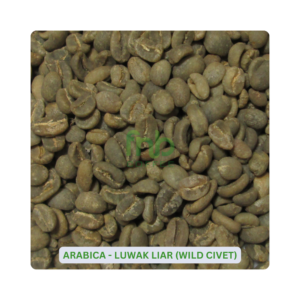
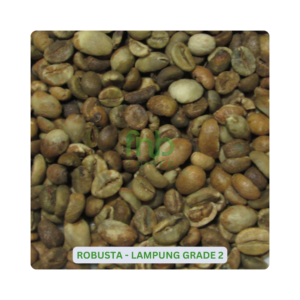
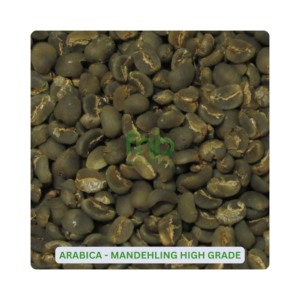
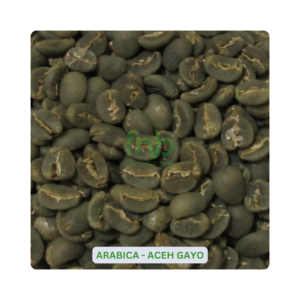
FnB Coffee Indonesiaは、インドネシア産コーヒー生豆の卸売りを専門としています。企業間卸売とバルク流通に重点を置き、世界中のお客様に最高級のインドネシア産コーヒー豆のみをお届けしています。
© 2025 Copyright FnB Coffee Indonesia, All rights reserved.
ジャカルタ事務所
Gedung Menara Sentraya, lantai 39, Jl. Iskandarsyah Raya No.Melawai, Kec.Kebayoran Baru, Jakarta Selatan 12160.
倉庫
Jl Medan - Binjai.ムリョレジョ
Kec.スンガル, Kabupaten Deli Serdang
スマテラ・ウタラ20351
プランテーション
ボアンマナル・サラク
Kec.Pakpak Bharat県Salak市
スマテラ・ウタラ22272
スペシャルティコーヒー加工計画
デサ・ポンドック・バリック
Kec.Kabupaten Aceh Tengah, Ketol、
アチェ24566
お電話でのお問い合わせ
+62 811 6171 777
info@fnb.coffee